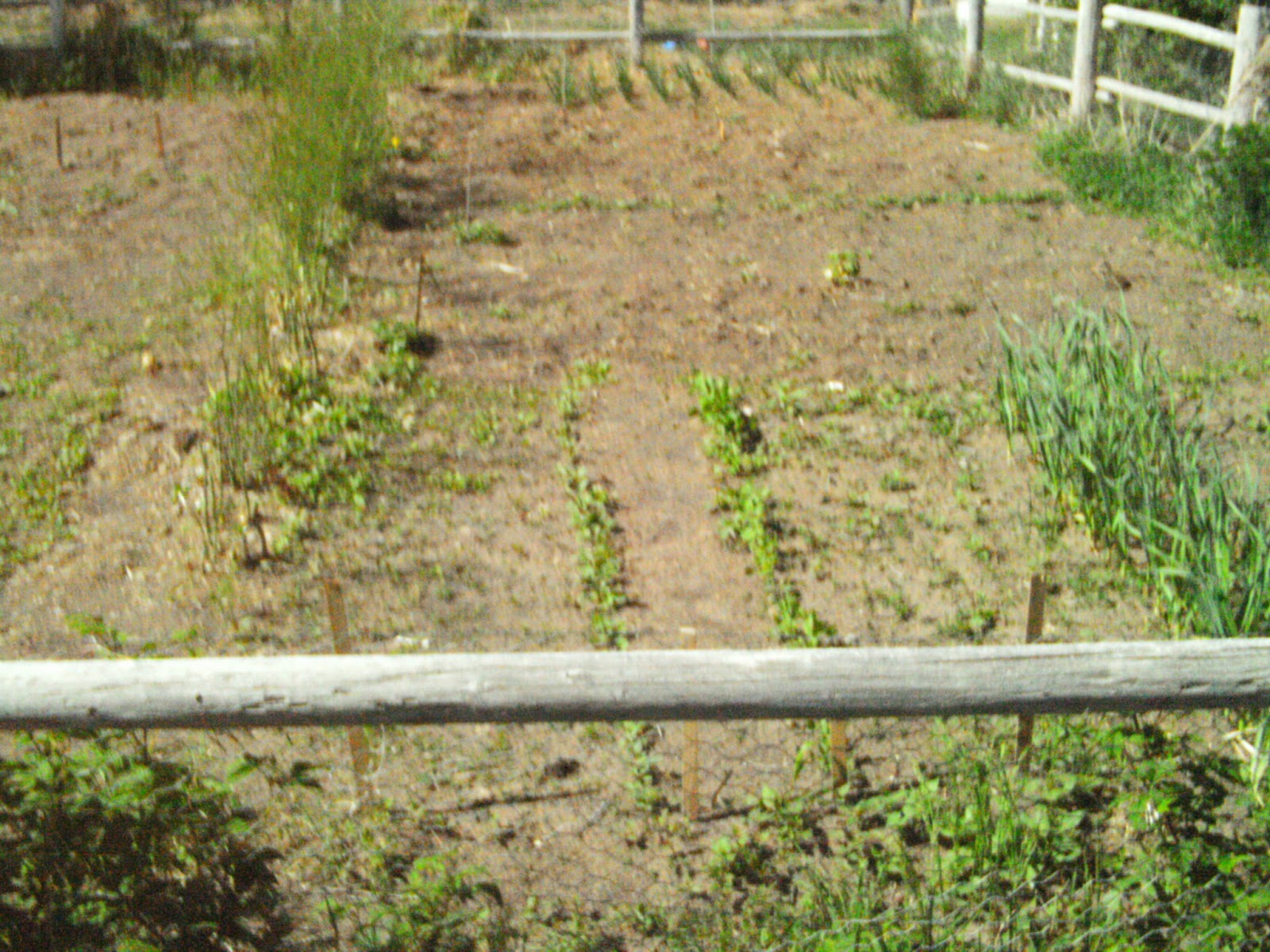Our primary garden is approximately 60' x 60'. In this garden we plant corn rows in a
section approximately 20' x 40'. We
plant about three rows of carrots in 20' long rows. And, in the remaining area we plant celery,
beets, bell peppers, zucchini squash, crookneck squash, Chinese peas, pod peas,
some pumpkins, onions, and herbs. In a
second garden which is out past our orchard we grow many pumpkins, some
watermelon, more corn, carrots, asparagus, onions, and whatever else we want to
try.
In
order to water our main garden we have tried drip irrigation because of the
sandy ground. But, even with filters
installed we have had many problems with the lines plugging up, which usually
is evident from the slow growing or dying plants near the plugged line. We have also tried to flood irrigate the
garden with a 1-1/2 inch line, which works pretty well as long as we move it
several times so all the ground gets flooded.
In order to keep the irrigation water in the area that is getting
flooded, a 3 or 4 inch tall dike needs to be banked along the perimeter of that
section. It is also necessary to divide
the garden into fourths, so the flooding can be contained to the smaller areas
in order to provide complete coverage.
We have also tried sprinklers, which work fine if the wind isn't blowing
hard. So, we use a combination of flood
irrigation and sprinklers to water the garden, which together provides good
coverage and deep enough watering.
These two pictures show our 60 foot by 60 foot main garden right now at the end of May. We have a very short growing season here in Eastern Idaho. So, hopefully it will look like the picture below from last years garden.
The
picture below shows our 60 foot by 60 foot main garden in late July last year. By the look of the scene in the picture, it
is hard imagine that the temperature in the winter here will get down past 25
below zero.



No comments:
Post a Comment